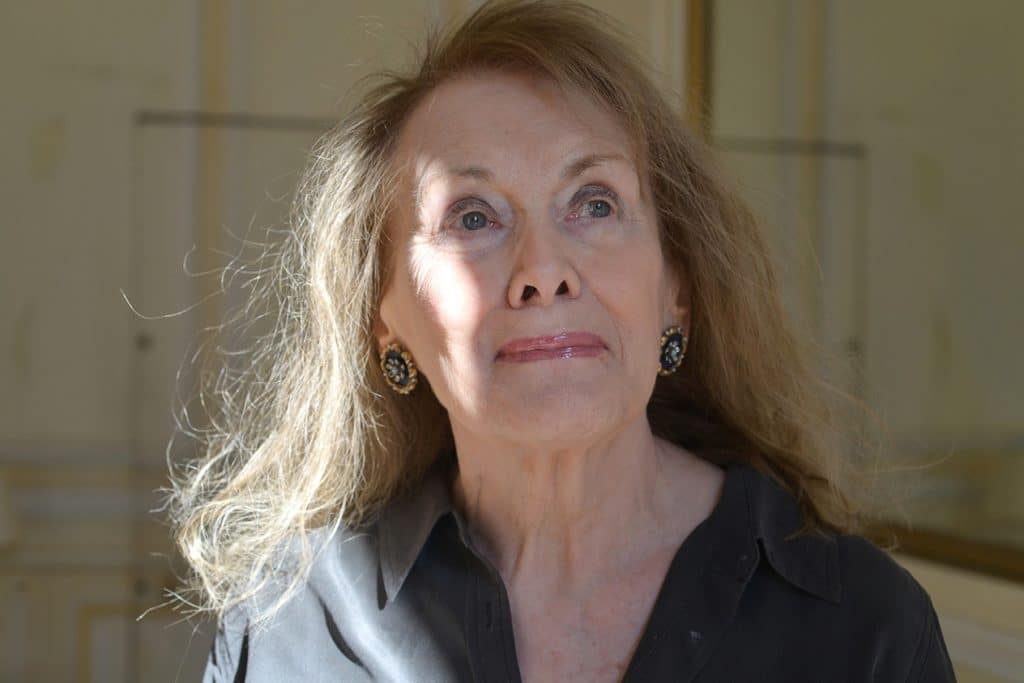French writer Annie Ernaux has been awarded the 2022 Nobel Prize in Literature.
The 82-year-old’s writing is best known for blurring the lines between memoir and fiction with novels about the realities of womens’ daily lives in France. She’s been praised for centering the voice of women’s freedoms in her writing about love, sex, abortion, shame and class divisions.
Explaining their choice for this year’s Prize recipient, the Swedish Academy said Ernaux won “for the courage and clinical acuity with which she uncovers the roots, estrangements and collective restraints of personal memory.”
The Nobel committee went on to say that, “In her writing, Ernaux consistently and from different angles, examines a life marked by strong disparities regarding gender, language and class. Her path to authorship was long and arduous.”
Born in the small town of Yvetot in Normandy, Ernaux studied at Rouen University and later taught at secondary school before teaching as a professor at the Centre National d’Enseignement par Correspondance from 1977 to 2000.
In 1974, her debut novel Les armoires vides was published and then translated to English as Cleaned Out in 1990. It was an autobiographical novel about obtaining an abortion when it was still illegal in France, and not the last time Ernaux would touch on the subject in her writing.
The chair of the Nobel committee for literature, Anders Olsson was asked at the announcement if the decision to award the Prize to someone who’d written so personally about abortion had any political sentiment.
Olsson replied saying that the committee focuses on literary quality but added that, “it’s very important for us also, that the laureate has universal consequence in her work. That it can reach everyone.”
Most consider Ernaux’s literary breakthrough as her fourth book, La place or A Man’s Place, published in 1988. This book has become a contemporary classic in France alongside another of her works, A Woman’s Story.
Critics say her defining statement piece was Les Années or The Years, published in French in 2008 and then English in 2017 as an expansive look at the society that created her.
As one of her country’s most acclaimed authors, Ernaux is the first French writer to win the Nobel since Patrick Modiano in 2014 and is the 16th French writer to have won the Nobel.
In a phone call with The Nobel Prize, Ernaux revealed that she was alone in her kitchen when she first heard the news over the radio. She described the experience of finding out she’d won the Prize as being “in the desert and there is a call that is coming from the sky.”
Previously, Ernaux has said that writing is a political act, opening our eyes to social inequality.
The academy says, “For this purpose she uses language as “a knife”, as she calls it, to tear apart the veils of imagination.”
She’s long supported feminist ideals and defends women’s rights to abortion saying, “I will fight to my last breath so that women can choose to be a mother, or not to be.
Many readers of Ernaux are glad to see her work being recognised by the Nobel Prize.
Even French President Emmanuel Macron, who Ernaux (a left-wing supporter of social justice causes) has criticised in the past, tweeted his support of the academy’s decision: “Annie Ernaux has been writing for 50 years the novel of the collective and intimate memory of our country. Her voice is that of women’s freedom, and the century’s forgotten ones.”
Along with the prestige of winning the Nobel Prize in Literature, Ernaux will receive the Nobel’s cash award of 10 million Swedish kronor ($1.42 million AUD).
She also has an upcoming book set to be translated into English in 2023 called Look at the Lights, My Love.
True to form, this new book is written through the lens of Ernaux’s own memory.


